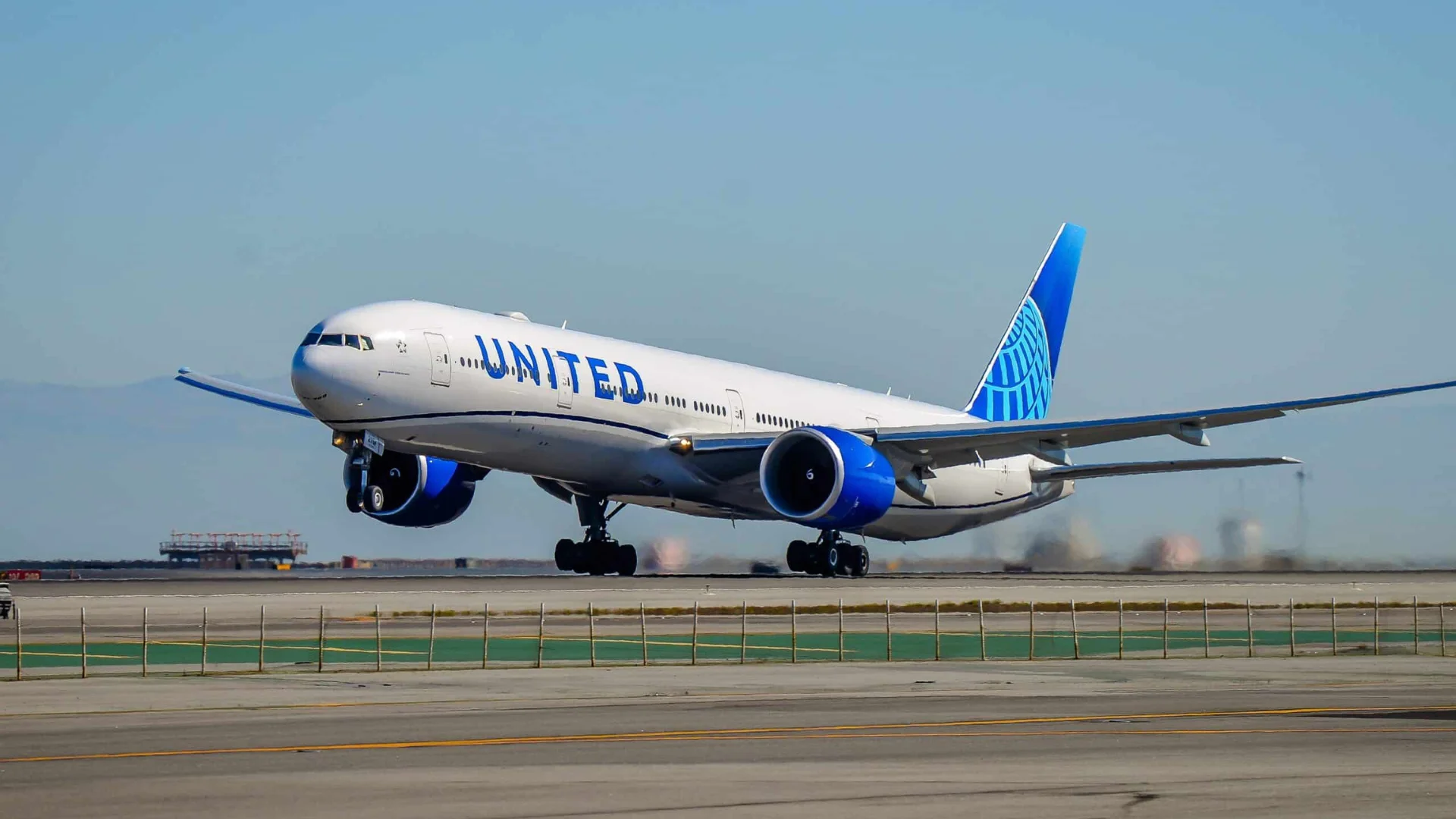A recent air traffic control error nearly resulted in a midair collision between two transatlantic flights. A United Airlines Boeing 777-200, traveling from London Heathrow Airport to Houston George Bush Intercontinental Airport, narrowly avoided a collision with a FedEx Boeing 777F en route from Memphis International Airport to Paris Charles De Gaulle Airport. The incident occurred on June 21, 2025, about 160 nautical miles northeast of Gander in Canadian-controlled oceanic airspace.
The issue arose when Oceanic Control mistakenly included a flight level change in a Controller-Pilot Data Link Communication (CPDLC) message sent to the United flight. According to the Canadian Transportation Safety Board (TSB), "The controller issued a CPDLC clearance direct to TOPPS, which inadvertently included a flight level change to FL360 (36,000)."
This instruction put the United aircraft on course for an altitude conflict with the FedEx plane flying at 35,000 feet. The error was quickly identified by ATC, which issued voice instructions for the United crew to maintain their current altitude of 34,000 feet and ignore the CPDLC clearance. However, shortly after this correction, Flight 879 began climbing through 34,500 feet.
 Alerts Sign-up
Alerts Sign-up







